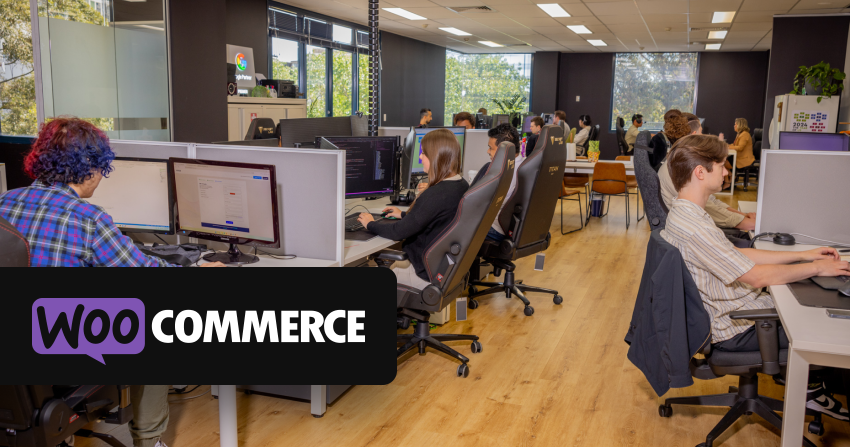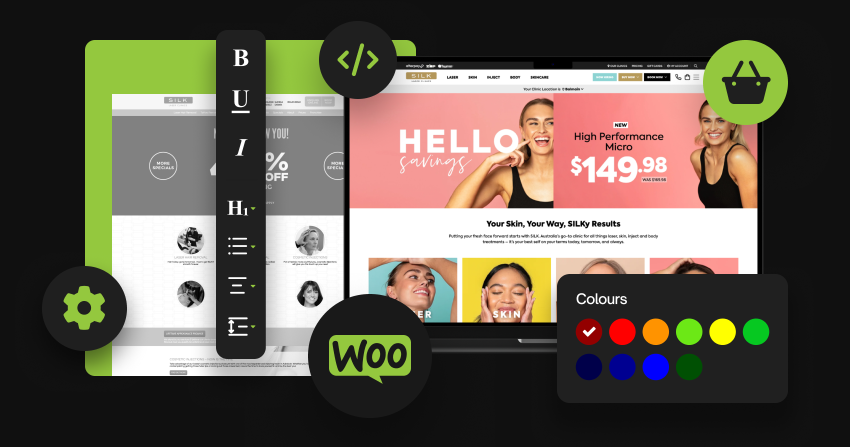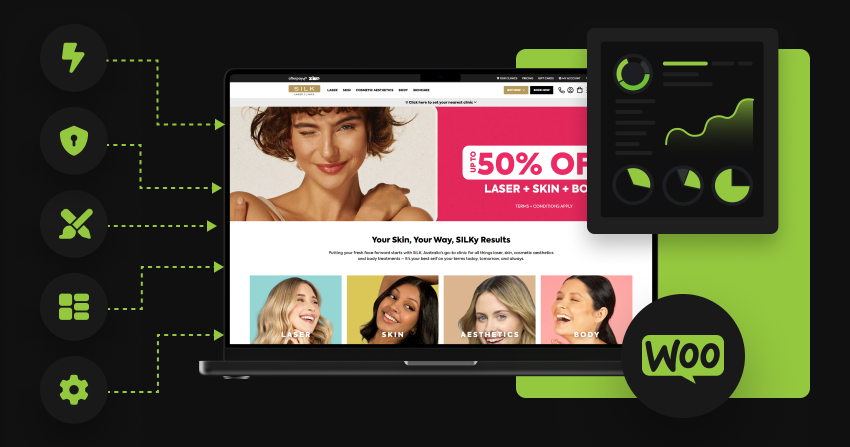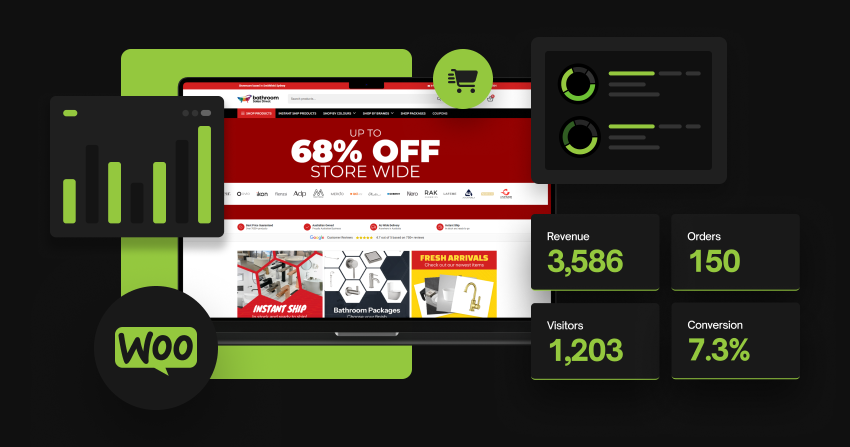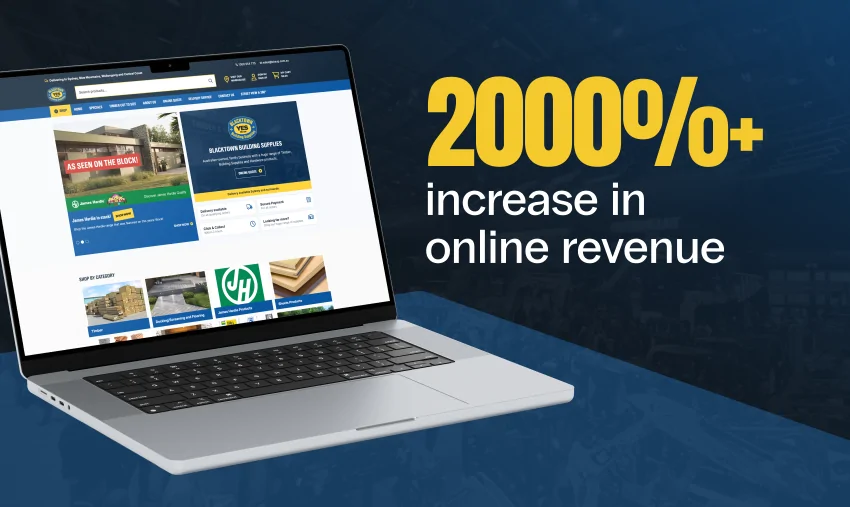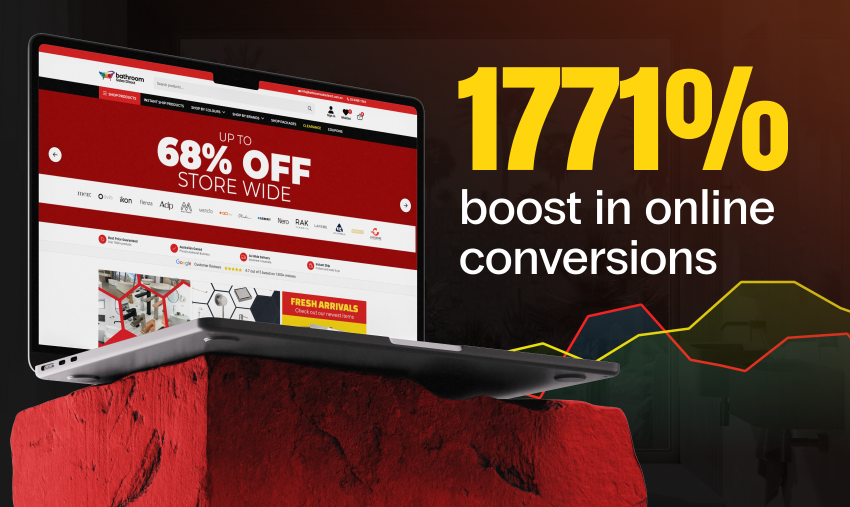
WooCommerce Development in Sydney
- Custom themes, lean code, no plugin bloat
- CRM, ERP, and shipping integrations that work
- 16+ years building WooCommerce in Sydney

WooCommerce development that converts
If your WooCommerce site is not fast, functional, and conversion-focused, you are leaving sales on the table. We design, build, and optimise WooCommerce stores that are secure, scalable, and engineered for growth.
From custom themes and plugin development to high-performing checkouts and CRO-driven landing pages, our senior web developers build stores that actually sell. With 16+ years of WooCommerce development experience, we have helped Sydney businesses move beyond clunky plugins, slow load times, and missed conversions by building platforms that work as hard as they do.
Why choose Click Click Media for WooCommerce development
You do not just need a WooCommerce store: you need one that converts reliably, scales cleanly, and integrates with the rest of your stack. We build fast, flexible WooCommerce solutions engineered for ROI and long-term growth.
- Founded in 2008 with 16+ years delivering growth-focused eCommerce websites.
- Sydney-based WooCommerce developers with local expertise, in-house designers and developers.
- ROI-driven approach where every build is designed to increase sales and long-term value.
- Market-leading design and development backed by case studies across multiple industries.
- 2025 Australian Web Awards finalist recognised in 3 categories for design and innovation.
- Conversion-tuned UX and speed with frictionless browsing and checkout flows built on clean, lightweight code.
- Proven integrations connecting CRM, ERP, shipping, payments, and email marketing systems properly.
- No lock-ins because you own your store, your data, and your roadmap.
Who we help
- Local retailers and family-run stores ready to take their products online and simplify stock, shipping, and payments without the tech overwhelm.
- Growing eCommerce brands that have outgrown DIY setups or plugin overload and want a scalable, performance-driven WooCommerce platform built to convert.
- Marketing managers and digital teams who need faster site updates, reliable analytics, and transparent results they can report with confidence.
- Multi-location businesses and wholesalers selling across Sydney from Parramatta to the Northern Beaches who need consistent product data, pricing, and user experience across stores.
- Startups and innovators launching their first store who want hands-on guidance from an Australian team that has built hundreds of successful WooCommerce websites.
What success looks like
Success in eCommerce is not just launching a pretty storefront. It is avoiding the pitfalls that hurt conversions and growth. That means a lean build that scales, with vetted extensions instead of plugin bloat, fast page loads, and checkout flows tuned to reduce friction.
Our team delivers custom WooCommerce development that handles complex pricing, shipping, and tax rules without turning maintenance into a headache. Back-office workflows stay simple: product updates, promotions, and content changes are intuitive for your team.
We also bake in eCommerce SEO essentials, including Product and Offer schema, clean URLs, and revenue-focused internal linking, plus rock-solid analytics (GA4 and Tag Manager) so decisions are driven by data. And because reliability matters, we ship on time with staging, QA, and performance hardening for speed, security, and long-term growth.
Winning Woocommerce stores — Our approach
- Custom architecture that scales: Bespoke theme work, lean plugin stack, and code that evolves with your catalogue, not against it.
- Checkout flows that convert: CRO-led UX, wallet payments, BNPL options, abandoned-cart recovery, one-click or express checkout paths.
- Performance baked in: Speed optimisation aiming for sub-2.5s LCP, image and CDN strategy, mobile-first patterns, scalable hosting.
- Integrations that actually work: CRM, ERP, POS, shipping, and inventory sync that is documented, tested, and monitored.
- Measurement you can trust: GA4 plus Enhanced eCommerce, server-side tagging, product-level margin tracking, and clear attribution.
Woocommerce websites — What is included
- WooCommerce strategy and site build or rebuild
- Theme design, plugin vetting, custom coding, security hardening
- Checkout optimisation and CRO-led UX design
- Hosting, speed, and mobile optimisation
- Reporting cadence and ongoing support
Add-ons: Subscriptions, memberships, API integrations, multisite, headless builds, and custom functionality.
Trust signals and compliance
- Security posture: Core hardening, least-privilege admin, WAF and CDN, backup and versioning discipline.
- Payments and privacy: Best-practice PCI-conscious setups via trusted gateways with no card data stored on your site, GDPR and APPs-aware cookie and consent patterns.
- Accessibility: WCAG-minded templates, keyboard and contrast checks, and alt-text workflows.
- Content governance: Product data standards, revision history, and publishing QA so your catalogue stays clean.
- Change management: Staging environments, code review, and documented releases for non-breaking updates.
Smart stack integration
Your store should not operate in isolation. We connect WooCommerce development to the rest of your growth stack so channel wins compound. That includes landing pages tuned for PPC campaigns, structured data for SEO visibility, email and SMS retention systems, and product feeds that match campaign intent.
Latest reviews
Our success timeline
Every WooCommerce project follows a proven framework designed to minimise downtime, protect your data, and accelerate results. We also offer rapid turnaround options at no extra cost for urgent launches or time-sensitive campaigns.
- Weeks 1 to 2: Deep discovery and audit where we fix tracking gaps, review your sales funnel, and define your product architecture. You will receive a clickable preview for early feedback before development begins.
- Weeks 3 to 6: Full build and integration where our developers implement your theme, configure plugins and custom features, connect CRMs, payment gateways, and shipping systems. Everything is load-tested, secured, and optimised for speed and SEO.
- Weeks 7 to 12: Launch and growth where your site goes live with rollback protection, followed by CRO and checkout optimisation sprints, upsell testing, and email or retargeting integration to maximise your first 90 days.
Timelines can scale down to 2 to 4 weeks for single-store builds or expand for complex integrations and multi-site rollouts.
Flexible, transparent pricing
We build WooCommerce websites for businesses of every size, from local boutiques to national retailers, with solutions that match your goals and budget. Whether you are launching your first store or scaling a multi-channel eCommerce operation, our team will create a clear, fixed-scope proposal after your free audit with no hidden fees or surprise extras.
Most new WooCommerce builds begin from $5,000 to $7,500, including full design, setup, and launch.
Established brands needing subscriptions, advanced integrations, or multi-location rollouts typically invest $10,000 to $25,000+. Hosting and support plans start from $35 plus GST per month and scale with your traffic and needs.
Every plan includes our conversion-readiness audit and launch optimisation to ensure your new site is set up for real results, not just a redesign.
All pricing is indicative and exclusive of GST. You will receive a detailed proposal and timeline after your free discovery session.
Trial offer: Free design concept plus project quote (limited spots; offer terms apply).
Last updated: February 27, 2026
Mini case studies and recent wins
For more in depth case studies and deep dives see our case study page.
Bathroom Sales Direct: National Bathroomware Retailer
Problem: The retailer’s online store was generating traffic but leaking conversions. Customers were overwhelmed by complex product choices and friction in the checkout process.
Action: We rebuilt the WooCommerce architecture from the ground up, streamlining the shopping journey with intent-based product filters, a faster checkout, and clearer bundle pricing. Our team connected their ads, SEO, and email automation into a single data-driven funnel that nurtured buyers end-to-end.
Outcome: Within 90 days, the site achieved a +1,771% increase in ad-driven conversions, +204% revenue growth, and a 834% rise in qualified product views.

International Wine Group: Pernod Ricard (Jacob’s Creek, Stoneleigh, Church Road)
Problem: Multiple premium wine brands were split across regional microsites, causing fragmented management, inconsistent compliance with age and regional laws, and diluted global SEO visibility.
Action: We engineered a multilingual WooCommerce ecosystem with custom age-gating, region-based content controls, and geo-IP detection for automatic language and product filtering. Each brand site was unified under a single global architecture, allowing marketing teams to update and launch content centrally while maintaining strict regional compliance.
Outcome: Delivered 100% compliance with global alcohol marketing laws, faster publishing workflows across six regions, and a measurable boost in site performance and search visibility.

TFO: Tile Factory Outlet, Sydney
Problem: The client’s outdated WooCommerce site struggled with long load times, poor mobile UX, and confusing product search, resulting in abandoned carts and declining conversion rates.
Action: We delivered a complete WooCommerce rebuild with a faster, mobile-first user experience, real-time product search, and simplified category navigation for over 5,000 SKUs. Integrations with their warehouse system and analytics platform enabled better stock visibility and marketing insights.
Outcome: The new platform achieved a +300% increase in online sales, faster page load times, and significantly higher trust signals through professional design and user flow, reinforcing TFO’s position as Sydney’s most trusted tile retailer.

Meet our team
Our WooCommerce development team blends developers, designers, and digital strategists who know eCommerce inside out. We build scalable, conversion-focused stores with proven integrations and optimised user experience. With us, you gain a growth partner committed to making your online store perform and evolve.

Julius Vargas
PHP Developer | WooComm & Headless Specialist
With 10 years at Click Click Media, Julius is the go-to expert for making WooCommerce behave. Known for writing clean, efficient code and building custom logic, he ensures smooth, reliable checkouts that keep customers happy. Julius’s expertise in WooCommerce and headless architecture powers fast, flexible, and scalable e-commerce experiences.

Gian Dungca
Senior Web Developer | Large Projects Lead
Gian thrives where others hesitate. When the brief says “complex,” he smiles – tackling integrations, custom plugins, and performance budgets with ease. As the lead on large-scale projects at Click Click Media, Gian has delivered enterprise solutions for sites generating close to $1M in daily revenue. His deep technical skill and calm, methodical approach make him the go-to expert for high-stakes builds.

Rik Allison
Senior Manager | Website Projects
With 8 years at Click Click Media, Rik is known for getting complex builds live without the drama – scoping clean, shipping clean, and keeping scope creep firmly in a jar. A veteran of major IT infrastructure initiatives, including the Opal card rollout, Rik brings rock-solid discipline and experience to every project. His steady hand ensures websites are delivered on time, on budget, and to the highest standards.

Mikko Macedonio
Senior Web Developer | WordPress & Headless
Mikko has been with Click Click Media for over a year, bridging the gap between WordPress and modern JavaScript stacks. He takes a pragmatic approach – headless when it delivers an edge, monolith when it’s the smarter choice. With proven experience supporting enterprise-scale deployments, Mikko ensures that every build is robust, efficient, and tailored to the client’s needs.
WooCommerce development FAQs
Got questions about WooCommerce development? Here are the answers Sydney business owners ask most often about pricing, timelines, and what to expect when working with our team.
How much does WooCommerce development cost in Sydney?
Most Sydney WooCommerce projects cost between $5,000 and $25,000, depending on complexity, catalogue size, and integrations. Our builds start from $5,000 for straightforward stores.
Pricing scales based on your product count (1,000+ SKUs need more sophisticated filtering), custom functionality requirements (subscriptions, wholesale tiers), and third-party integrations. You will receive a detailed proposal after your free audit.
How long does WooCommerce development take?
Most WooCommerce projects take 8 to 12 weeks from kick-off to launch. Simple stores under 100 products can launch in 4 to 6 weeks, while complex multi-site deployments may extend to 16 to 20 weeks.
Weeks 1 to 2 cover discovery and prototyping. Weeks 3 to 6 focus on development and integrations. Weeks 7 to 12 involve testing, launch, and post-launch optimisation. We offer rapid turnaround options for urgent campaigns at no extra cost.
Can you integrate WooCommerce with our existing business systems?
Yes, we connect WooCommerce to CRMs, ERP systems, POS, inventory management, and marketing automation platforms. Standard API integrations with Xero, MYOB, Mailchimp, or Klaviyo typically complete in 1 to 2 weeks.
Common scenarios include inventory sync to prevent overselling, automatic invoicing to accounting software, and unified stock control across online and physical stores. Complex custom integrations may take 4 to 6 weeks.
Which payment and shipping options work best for Australian stores?
Stripe and PayPal cover 85% of Australian online shoppers. Adding Afterpay or Zip can lift average order values by 20 to 35% for fashion, lifestyle, and home improvement categories, though merchant fees run higher at 4 to 6% versus 1.75 to 2.9%.
For shipping, we recommend a multi-carrier approach: Australia Post for small parcels, Sendle for 2 to 22kg items, and StarTrack for business deliveries.
Do you provide ongoing WooCommerce support and maintenance?
Yes, our WooCommerce support plans start from $35 per month and include plugin updates tested on staging first, security monitoring, daily backups, and uptime alerts. Critical issues get 1-hour response times during business hours.
We also provide monthly performance audits, conversion rate analysis, and database optimisation as your catalogue grows. No lock-in contracts: you own your store and all customisations.
Can WooCommerce handle our business as we scale?
Yes, with proper architecture. We have built WooCommerce stores handling 50,000+ SKUs and 10,000+ orders monthly. The key is clean development from day one: custom themes instead of bloated page builders, optimised databases, and lean plugin selection.
For stores doing $50k+ monthly revenue, we recommend dedicated cloud infrastructure that auto-scales during promotions.
Can you migrate our existing store to WooCommerce?
Yes, we migrate from Shopify, Magento, BigCommerce, and custom platforms. Most migrations take 8 to 12 weeks including planning, data transfer, and post-launch monitoring. We schedule cutover during your slowest traffic periods.
We preserve everything that matters: products, customer accounts, order history, and SEO rankings through comprehensive 301 redirects. Post-migration, we monitor for 30 days to ensure traffic and conversions return to baseline.
Why choose Click Click Media for WooCommerce development?
We are a Sydney-based agency with 16+ years of eCommerce experience, 2025 Australian Web Awards finalists in 3 categories, and a proven track record across retail, wholesale, and multi-site deployments.
Unlike freelancers or offshore teams, you get in-house developers, designers, and strategists working together. No lock-in contracts, transparent pricing, and you own everything we create.
Ready to see what Sydney’s top WooCommerce developers can do?
Your business deserves a web team that is as passionate about your success as you are. We turn your goals into growth through custom WooCommerce solutions, continuous optimisation, and a friendly, customer-first approach.
Latest Insights


We have been helping businesses thrive since 2008.
We’ve provided over 500,000 hours of technical engineering to brands big and small









